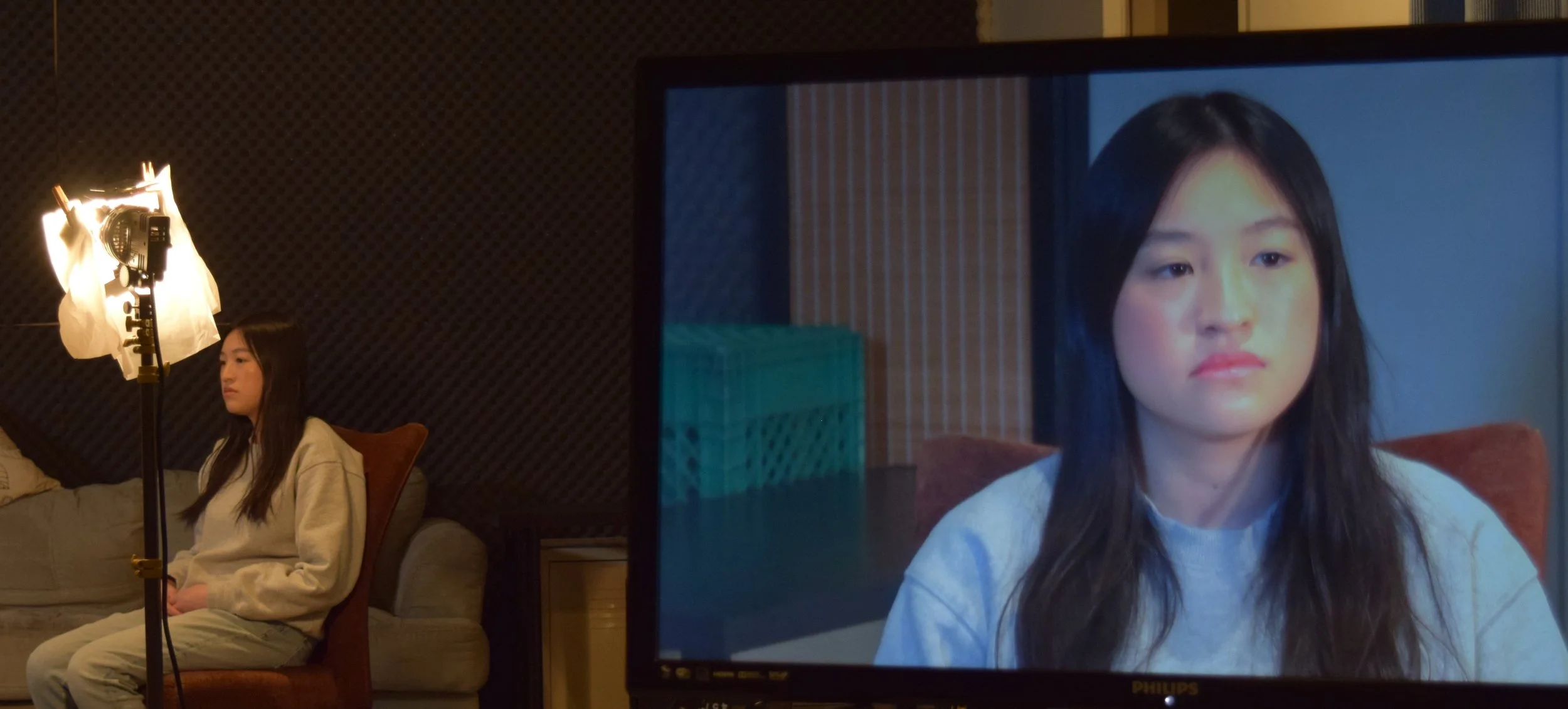Language.
/As an actor you already know much about language.
And, tomes upon tomes have been written about it. Let’s touch on a few points.
Writers know language best and actors second best. They create – you interpret. You always begin with the written word. Text.
In TV the writing style reflects the genre. Learn those clues to better deliver what is needed. Shows with speeches having three lines or more and clauses in the line or shows with one line speeches and single-syllable words. Different.
The length of line, the number of syllables giving the music of the show. The shorter lines require less breath indicating character, action and genre. More breath for longer speeches and complex words different character, action and genre.
Verbs. Doing your prep mark the verbs.
Nouns. Is the point of the line driving to the noun? Nouns are the facts of the scene.
Adjectives. Observe if you’re emphasizing the modifier or going to the noun.
Bridge phrases. Like, anyways, so, well, listen - transitioning from one point to the next. Changing the subject, giving you status as your control the scene. They give your brain time to formulate the new. It stops or diverts the other character and gives you the floor, the status, the control.
But. This wonderfully useful word juxtaposes the previous point and introduces your new one. Poses the opposite. Contradicts. From the B of but to the T of but can really make a point. The T is a good sharp sound.
Punctuation. Even in post-modern TV series punctuation is still the guide. Old rules still stand: period is the end of the point allowing you to go to the next point. Beginning, middle, end.
Vowels carry the emotion, consonants the intellect.
The English emphasize the noun and not the adjective, the Americans tend to hit the adjective, the modifier.
Text analysis is practical, not academic.
Hamlet says, ‘Speak the speech, I pray you…’








